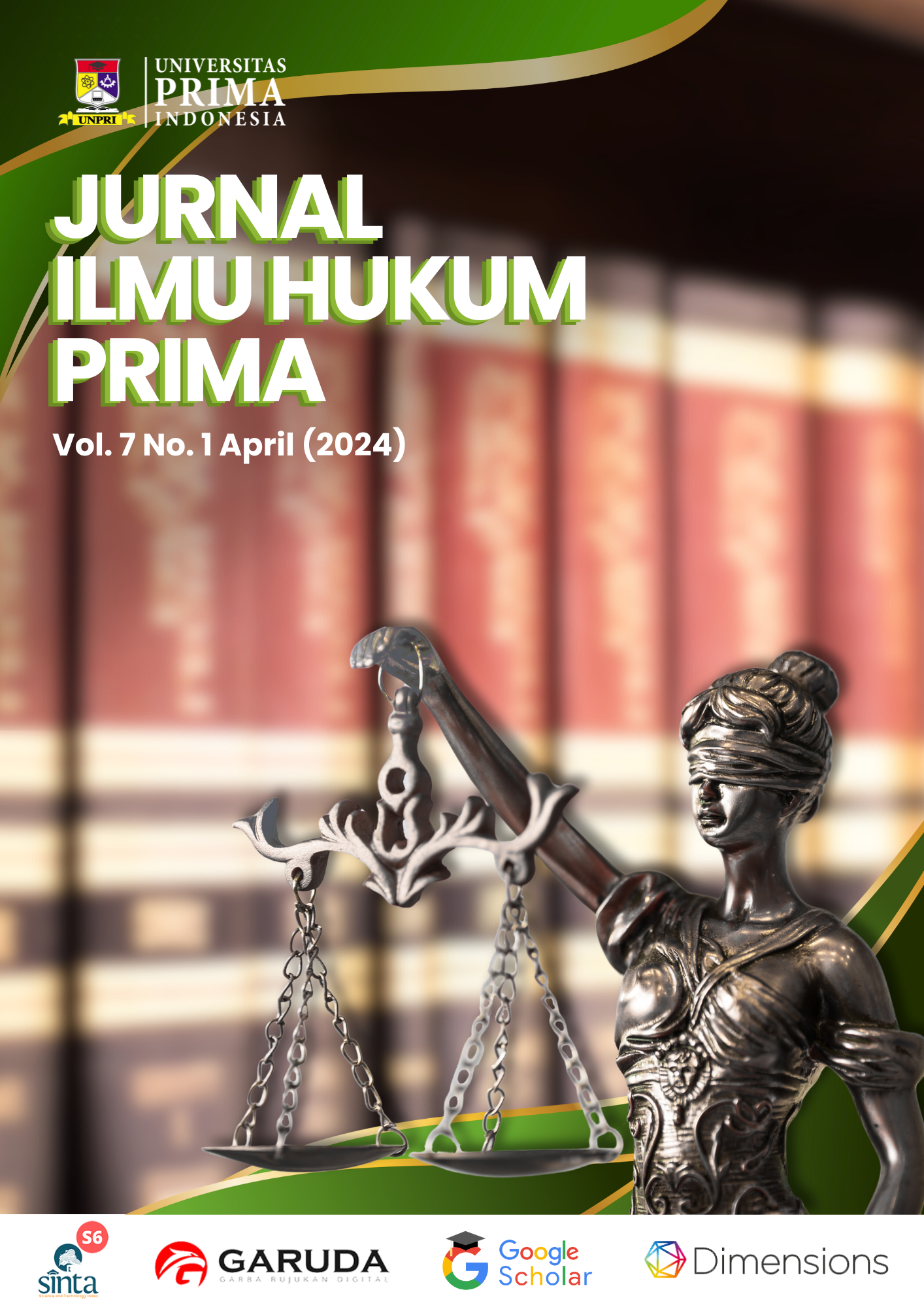Analisis Perbandingan Penegakan Hukum Pidana Korupsi Di Indonesia Dengan Singapura: Pendekatan Normatif Terhadap Kriteria Keberhasilan Penindakan Korupsi
##plugins.themes.academic_pro.article.main##
Abstract
Corruption law enforcement has become the main focus for many countries to eradicate rampant corrupt practices. Indonesia and Singapore, two Southeast Asian countries, have different approaches to law enforcement regarding corruption. This research compares corruption law enforcement in Indonesia and Singapore using a normative approach to evaluate success criteria in prosecuting corruption. This approach includes aspects such as the quality of legislation, the effectiveness of law enforcement agencies, compliance with the law, and the level of disclosure and prosecution of corruption cases. The research method used is comparative descriptive analysis, which collects secondary data from various sources, including laws, research reports, and official documents related to corruption law enforcement in both countries. This analysis compares the legal framework, law enforcement processes, and results of corruption law enforcement in Indonesia and Singapore. The results show significant differences between Indonesia and Singapore regarding corruption law enforcement. Singapore has a stricter legal framework, more effective law enforcement agencies, higher levels of compliance with the law, and better disclosure and prosecution rates of corruption cases compared to Indonesia. The implication of this finding is the importance of the quality of laws, the effectiveness of law enforcement agencies, and the level of compliance with the law in determining the success of corruption law enforcement.

